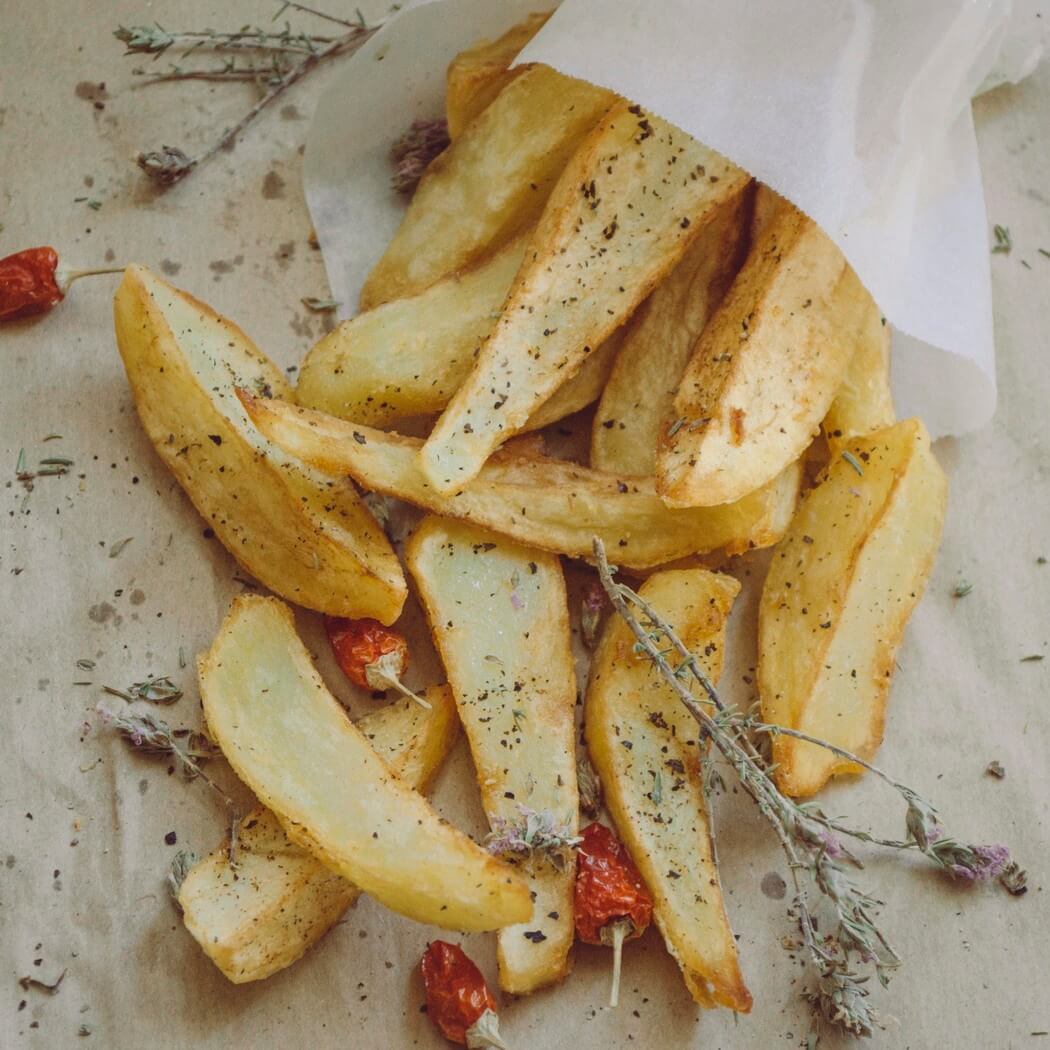First of all,
What is Metabolism?
Metabolism is all the chemical processes that take place in our body, and have a vital role for body’s function. These processes are divided into two categories. i) In catabolic processes that primarily produce energy, and involve the breaking down complex molecules into simpler ones. ii) In anabolic processes, that they involve the synthesis of more complex molecules from simple ones.
What does affect metabolism?
- Sex: Males, for example, have a higher basal metabolic rate than females.
- Age (1): Metabolic rate decreases over time, and why? Because humans become more efficient in energy production over the years. So - briefly - let's say we need to waste less energy to produce the same task, compared to the amount of energy we would need to produce the same task a year ago.
What else affects metabolism?
- Lean body mass, the amount of adipose tissue as well as other factors (2).
“I lose weight. Did my metabolic rate decrease?”
Unfortunately yes. If we compare people who always had the same weight to people who lost weight, it seems that there is a difference of approximately 500 calories in their daily energy expenditure. This amount, of course, is reduced to about 400 calories, for people who had managed to maintain their weight for more than a year (3).
"So, my metabolism decreased, is this the end of the world?"
No. Firstly, we need to mention that with regards to your total daily energy the main thing truly matters for you is how much calories does it burn during the day and how much does it contributes to your total daily energy intake. Unfortunately, to be honest, you are the only one who will determine whether your metabolic rate plays a key role in your total daily expenditure or not.
For example, if you follow a sedentary lifestyle, then your basal metabolic rate is about 75% of the total daily energy expenditure, with 8% corresponding to diet-induced thermogenesis, and 17% to physical activity. On the other hand, if you follow a more active lifestyle, then your basic metabolism corresponds to only 60% of your total daily energy expenditure. The remaining 40% is attributed to the diet-induced thermogenesis but the largest percentage comes from physical activity, whether it is exercise or an active lifestyle.
“So the decrease of 400-500 calories that we mentioned before, what were they due to? Basal metabolic rate, diet-induced thermogenesis or lower physical activity??
Hypothesis No. 1. "People who lose weight have a reduced metabolic rate."
It is true, but it does not have the effect size that you think it has. The differences observed are by mean of 100kcal (4). In addition, we know that the basal metabolic rate is not a good indicator whether someone tends to gain or lose weight (5).
Hypothesis No. 2. "These individuals have reduced diet-induced thermogenesis."
The difference ranges from 6 to 22 calories per day (3). So, clearly not.
Hypothesis No. 3. "They reduce their daily physical activity."
Exactly. It is very common for people who lose at least 10% of their weight to reduce their physical activity by at least 400 calories a day, compared to people of the same weight who have always had the same weight (3). Unfortunately this behavior does not seem to change after a year (3).
What can do you do about it? All you have to do is to have an active lifestyle. Thirty minutes of exercise per day is not enough.
I'm not saying it's not good.
I'm just saying they're not enough. If 15 out of 16 yours find you attached on a couch, then the daily calories you will burn will not be much. Hence, there is no a low basic metabolism you should blame, but the fact that you just follow one sedentary lifestyle.
"I eat less than 1200 calories and I do not lose weight"
Yes, I am often confronted with this claim, Can your metabolism drop so much that you consume an extremely low-calorie diet and not lose weight?
Generally, no. The most probable hypothesis is that you are not assessing your caloric intake accurately. How can you not properly assess your caloric intake?
1) It is possible to have increased levels of hunger and decreased satiety levels. It is too natural to relate your hunger to how much you ate. For example, you may be very hungry with a 1800 calorie diet and therefore indirectly believe that you ate only 1000 calories.
2) We do not intuitively consume meals, but rely on small snacks. There are many examples of snacks that we do take unconsciously and we usually do not count them for their extra calorie load they give us.
3) We are bad at assuming our caloric intake. And this is not bad. Neither you nor your dietitians are required to be portable calorie counters. This is probably just another reason why sometimes we tend not to calculate correctly how much we eat.











